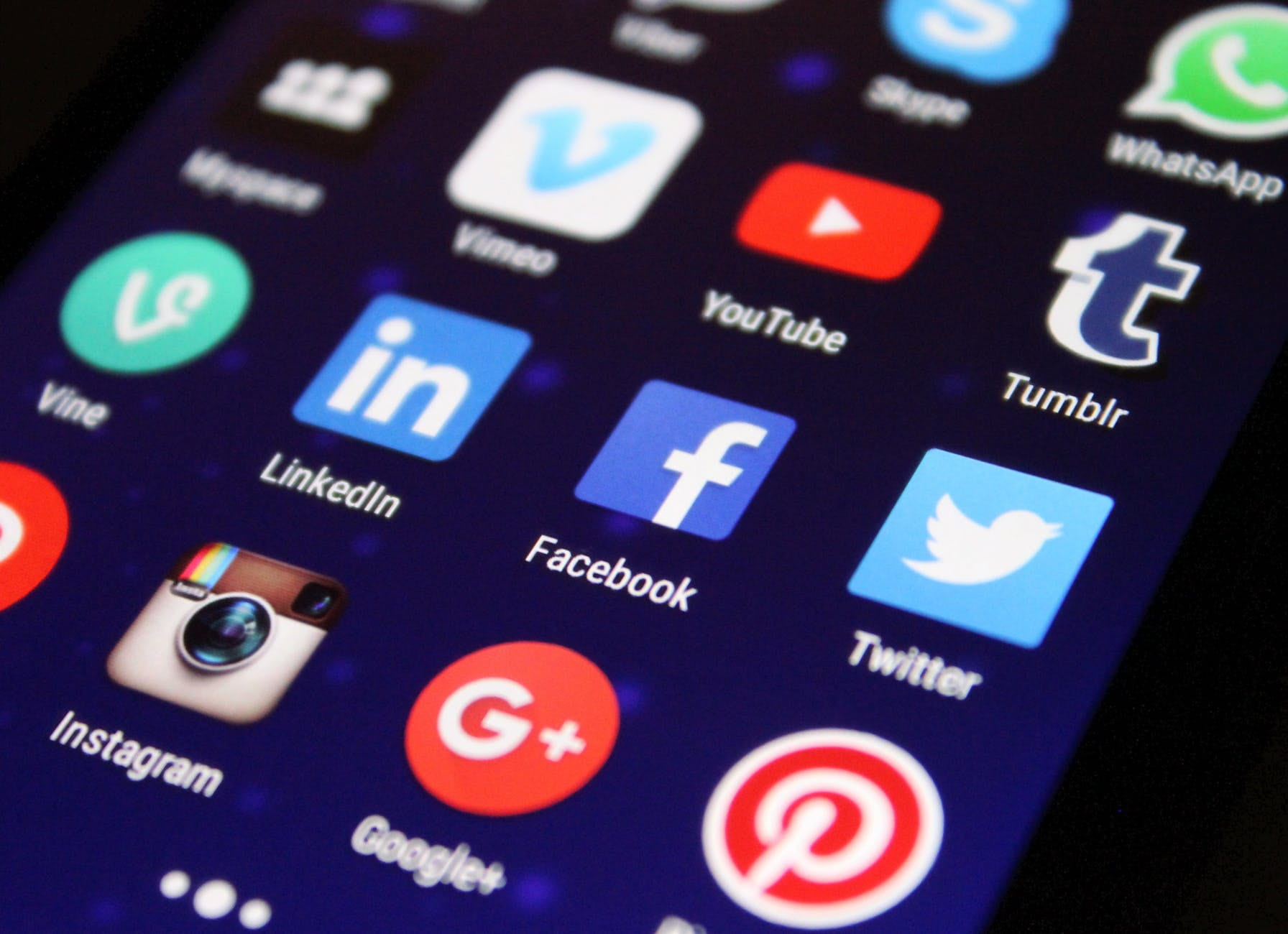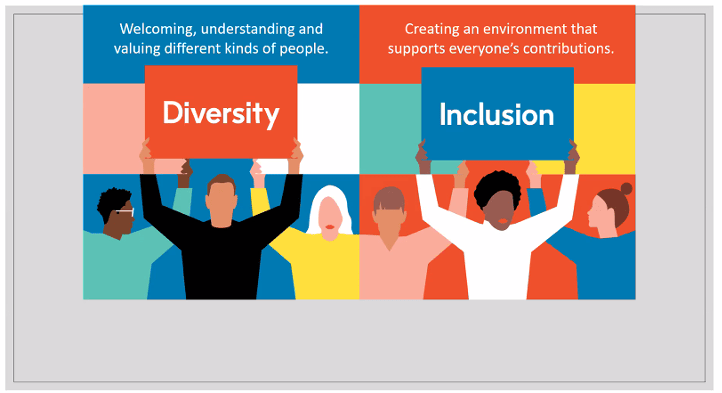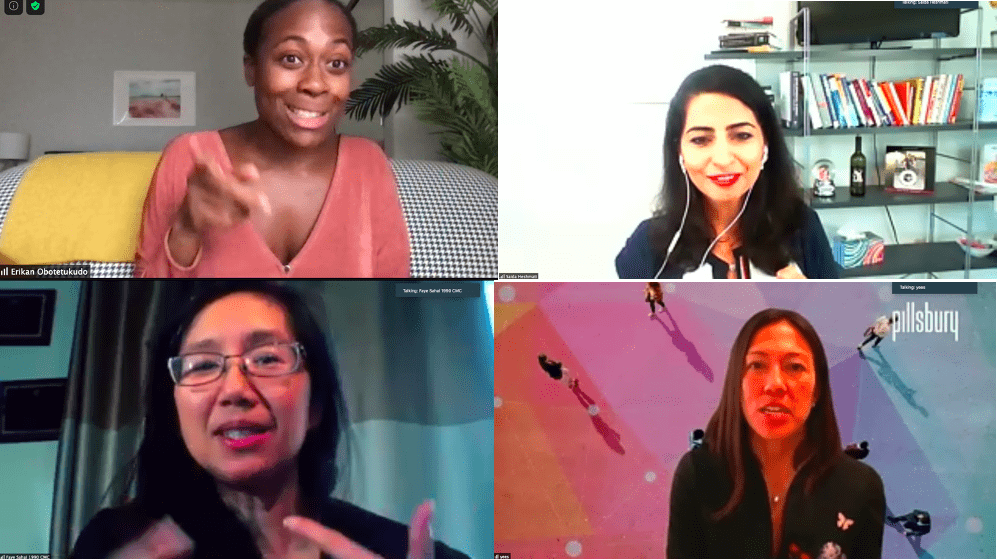Individuals and families from every sector are feeling the effects of
the current COVID-19 pandemic. From loss of jobs and finances to taking care of
kids while trying to work at home to existential stress and worry about the
health of loved ones, higher than average stress is now a daily companion for
nearly everyone. Even simple tasks like getting groceries can be a significant
source of anxiety. Some stress is not always bad; It can help to push us toward
a goal or help us flee from danger. Chronic stress, though, is what we have to
watch out for – the type of ongoing stress that comes from events like enduring
pandemics. Chronic stress builds over time in our body and leaves wear and tear,
called allostatic load, that can affect our cognition, our metabolic
functioning, and even our immune systems. The good news is, there are
strategies we can use to help control our stress and the stress our children
face.
The growing science of emotion regulation, which includes a lot of the
work we do here at the institute, has found answers to questions like, “Which
emotions are okay to express? And how much?” or “How do I control my anxiety?” How
we regulate our emotions can often influence how much stress we face. Recently,
Dr. Stacey Doan published new research with colleagues showing that having a
high amount of negative emotion can contribute to high blood pressure just as
much as the absence of negative emotions (aka being stoic). That means you
don’t want to completely suppress your negative emotions, even if you’re trying
to hide it for others. That kind of suppression will contribute to more stress.
If you feel you’ve got a lot bottling up, one strategy is to use writing or art, such as starting a journal or creating a collage. If you’re more toward the other end of the spectrum and you want a strategy to control too much anxiety or negative emotions, one science-backed strategy is meditation. Meditation is often a tool for mindfulness, such as bringing your awareness to the present moment, helping you to focus on something simple like your breath. Neurological and behavioral studies have shown frequent mindfulness meditation to contribute significantly to better self-regulation, less negative emotion, less stress, greater health, more positive emotions, and even higher achievement.
Emotion regulation isn’t just about focusing on negative emotions,
however. Sometimes we want to increase positive emotions, especially since they
can work alongside the control of negative emotions to contribute to
resilience. While positive and negative emotions influence each other, they
are actually separate processes. Controlling negative emotions doesn’t always
automatically boost happiness, so it’s good to focus on boosting those positive
emotions separately.
One way is to focus on savoring the good moments. Any positive
emotions you’re already feeling can be amplified by simply turning your
attention to the moment – letting yourself be free briefly from distractors and
other worries and aware of how the moment makes you feel. You can even reflect
on a past moment: “I really enjoyed laughing with them earlier today – it
was like a weight was lifted and I got to connect more with them” or savor
a moment along with others.
As an added bonus, if you take time to regulate your emotions, your
kids will benefit, too. Recent research by Doan and colleagues found that children’s
distress tolerance and depressive symptoms were tied to parents’ own emotion
regulation, especially the mothers’. “Like on a plane, parents need to put
their oxygen mask on first. It’s truly important that we need to take care of
ourselves, our emotions. If we do that well, it would be easier for us to
provide the responsive care that we need,” advises Doan.
But how do we help our kids directly with their emotions? Some of the
strategies mentioned above for you are ones you can help your kids with as
well. Proper expression of negative emotions, for example, is just as important
for kids. The wear and tear of stress can
affect youth just as much as it can affect adults. Art is a great way for
kids to not only express their emotions, but for parents to have fun connecting
with their kids. Helping children to savor good moments, asking them how it
made them feel and telling them it’s okay to express those emotions, is also a
great strategy. Kids that have support in savoring and emotion regulation have
been shown to have better
adaptive skill. If your kids are very young, such as preschool age, it may
be a better strategy to model emotion regulation. Young children tend to replicate
emotional behavior, regardless of what is being said.
Soon our research lab will know even more about how to help families
through pandemic-specific stress. Having received a recent grant from the
National Science Foundation, Doan and colleagues are currently studying the
effects of chronic stress and factors contributing to resilience during the
COVID-19 pandemic. “The pandemic is a stressor that is unlike anything
that has happened in recent times. We know it has wide-ranging effects . . . Being
able to understand its impacts now is crucial for informing future prevention
and intervention efforts,” states Doan. In the meantime, existing research
gives us helpful knowledge and tools to cope with this unprecedented stress we
all face. Some of those strategies for both you and your child are:
To keep track of research news coming out of the Berger Institute,
check our homepage or follow our
social media.





